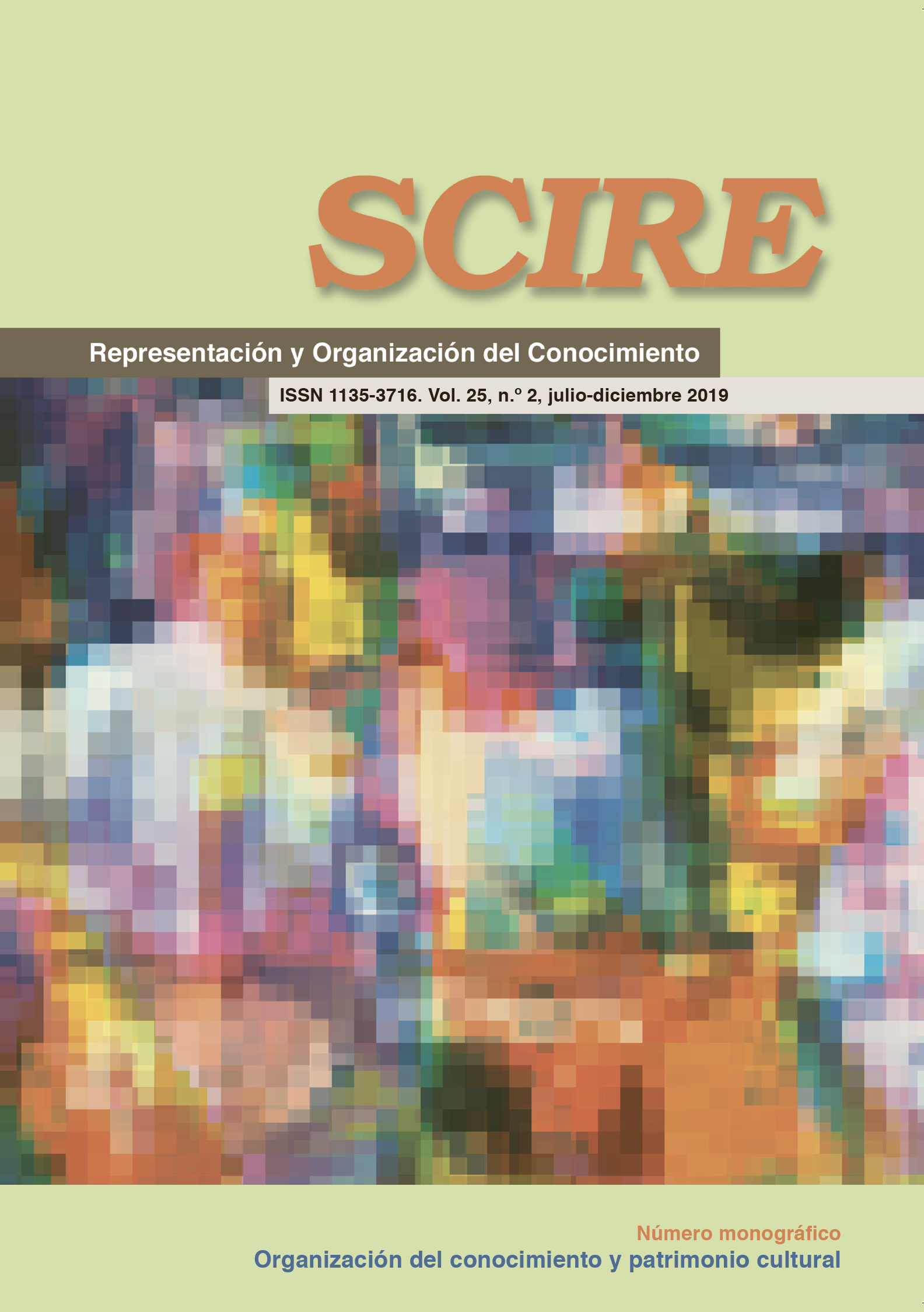Books in limbo
an empirical analysis of the situation of out-of-commerce books in the Spanish and Latin-American context
DOI:
https://doi.org/10.54886/scire.v25i2.4661Keywords:
Digitization, print-on-demand, copyright, out-of-commerce works, out-of-print books, digital libraries, orphan works, Books in SpanishAbstract
The article presents a study about the commercialization of books in spanish, published around the second third of the twentieth century. According to Spanish legislation, the book´s authors or beneficiaries should maintain copyrights. We approach the analysis and definition of those works that are on the frontier of forgotten and its rebirth in the form of print-ondemand reimpression or small facsimile editions, through large websites dedicated to the sale of second-hand works or discontinued. In this investigation it´s necessary delimit the legal status of cited works to analyze the panorama that is seen in that limbo of the books. It offers very revealing data because our language is one of the most spoken in the world and therefore these works have a wide market around the world, but especially throughout the Americas and in Spain. For the elaboration of the study, more than 70,000 bibliographic records have been handled, extracted from the commercial catalogs of some of the most representative publishers, which commercialize this type of works. The subsequent processing has made it possible compile an author and works list in Spanish which meet the limbo´s conditions, and that present a greater offer in these catalogs. In this way, it has been possible specify the profile of the publishers involved, checking relevant data for their study and follow-up, namely (size, origin, type of edition, edition formats, prices...)
Downloads
Downloads
Published
How to Cite
Issue
Section
License
Copyright (c) 2019 Authors retain their copyright, but transfer the exploitation rights (reproduction, distribution, public communication and transformation) to the journal in a non-exclusive way and guarantee the right to the first publication of their work to the journal, which will be simultaneously subjected to the license CC BY-NC-ND. Authors take whole personal responsibility on fulfilling all the appropiate ethical codes and laws, and obtaining all the necessary copyright permissions regarding their articles. Institutional and self- archiving is allowed and encouraged.

This work is licensed under a Creative Commons Attribution-NonCommercial-NoDerivatives 4.0 International License.
© 1996- . Authors retain their copyright, but transfer the exploitation rights (reproduction, distribution, public communication and transformation) to the journal in a non-exclusive way and guarantee the right to the first publication of their work to the journal, which will be simultaneously subjected to the license CC BY-NC-ND. Authors take whole personal responsibility on fulfilling all the appropiate ethical codes and laws, and obtaining all the necessary copyright permissions regarding their articles. Institutional and self- archiving is allowed and encouraged.




